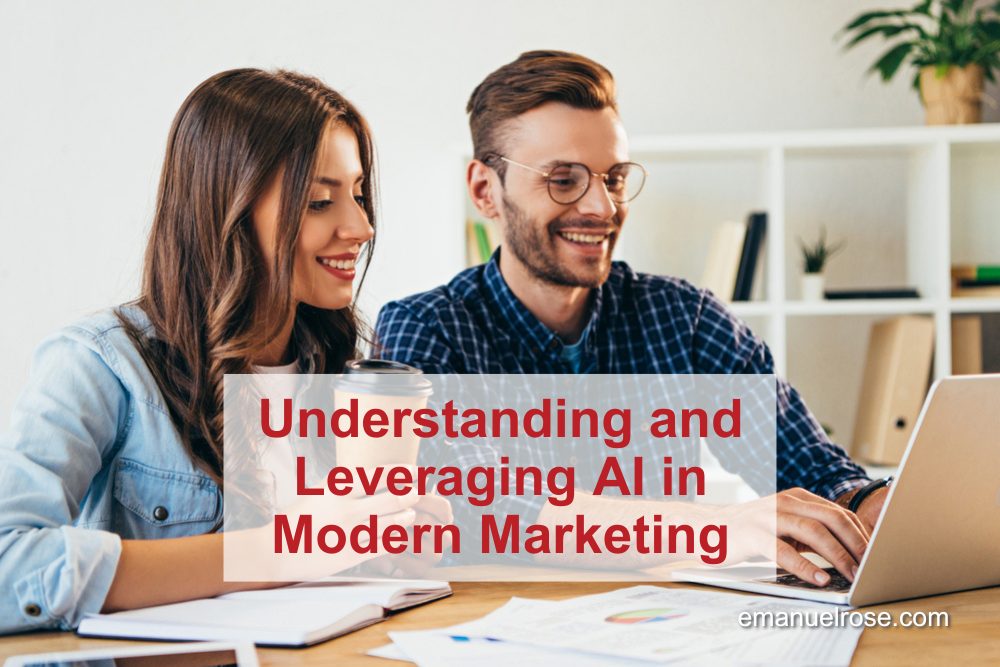1.1 Understanding AI

1.2 Evolution of AI in Marketing
1.3 Importance of AI in Modern Marketing
2. Applications of AI in Marketing
2.1 Data Analysis and Insights

2.2 Personalization
2.3 Content Creation and Curation
2.4 Customer Service and Support
3. Strategies for Leveraging AI in Marketing
3.1 Invest in AI-powered Tools

3.2 Data-driven Decision Making
3.3 Embrace Personalization
3.4 Automation and Efficiency
AI-driven automation is revolutionizing how marketing tasks are performed. From email marketing automation to social media scheduling, AI-powered tools can streamline repetitive tasks, saving marketers time and resources. By automating routine processes, marketers can focus on more strategic initiatives and creative endeavors that drive business growth.
As AI continues to evolve, its impact on marketing will only grow stronger. By embracing AI technologies, marketers can gain a competitive edge in today’s digital landscape, delivering personalized experiences, optimizing their strategies, and driving better business outcomes. With the right approach and mindset, AI has the potential to revolutionize marketing and propel businesses to new heights of success.
Special thanks to Sammi Bedell-Mulhern for her valuable contribution to this post.

